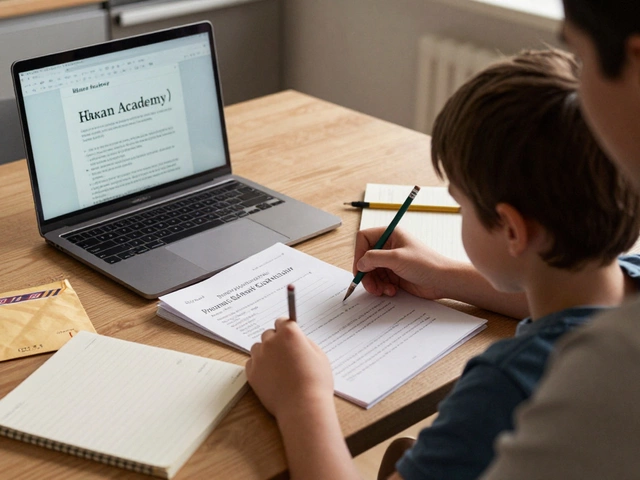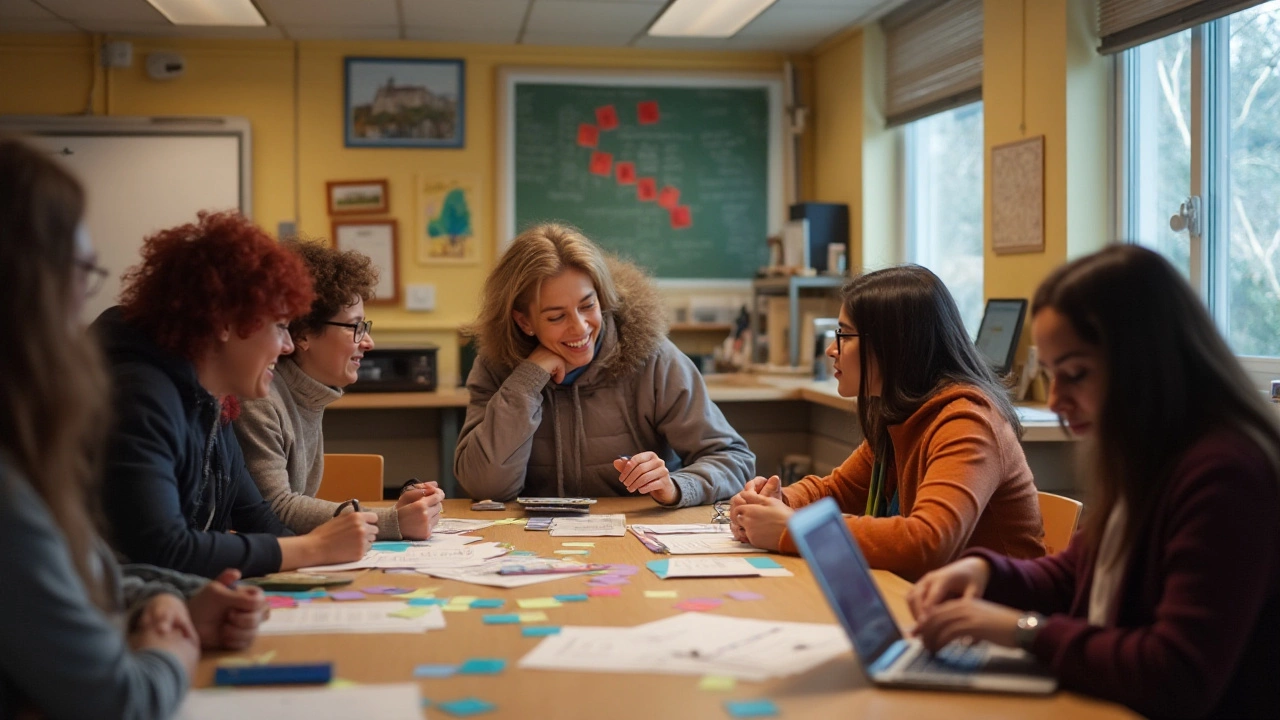Learning Strategies That Actually Work for Anyone
Ever feel stuck with a pile of notes and no idea how to remember anything? You’re not alone. Below are simple, proven tactics that turn chaotic study sessions into focused, productive time. Each tip is easy to start right now, no fancy tools required.
Plan Your Time, Don’t Let Time Plan You
First up, break your workload into bite‑size chunks. Pick a subject, set a 25‑minute timer (the classic Pomodoro), work nonstop, then take a 5‑minute break. After four rounds, give yourself a longer 15‑minute rest. This rhythm keeps your brain fresh and stops procrastination from sneaking in.
Make a weekly overview on a sheet of paper or a free app. Write down what you’ll study each day, not just the topics but the specific goals – like "finish Chapter 3 notes" instead of just "biology". Seeing concrete targets each morning gives a clear start point and reduces anxiety.
Active Learning Beats Passive Reading
Reading a textbook and hoping it sticks is a myth. Swap passive reading for active moves: summarize a paragraph in your own words, teach the concept aloud to an imagined audience, or turn key points into flashcards. When you speak or write the idea, you force your brain to reorganize it, which makes recall easier later.
Another trick is the "question‑answer" method. After a study session, write down three questions the material should answer. Later, try to answer them without looking at the notes. If you stumble, you know exactly what to revisit.
Mix up the senses. Record yourself explaining a topic, then listen while you commute. Draw quick sketches or mind maps – visual cues help lock information in place. The more ways you engage with the material, the stronger the memory trace becomes.
Finally, test yourself regularly. Short quizzes, even self‑made, beat cramming. They highlight gaps early, so you can fix them before exam day. Remember: the goal is to retrieve information, not just recognize it.
These learning strategies are flexible. Pick the ones that fit your schedule and stick with them for a couple of weeks. You’ll notice better focus, deeper understanding, and less stress when exams roll around.







